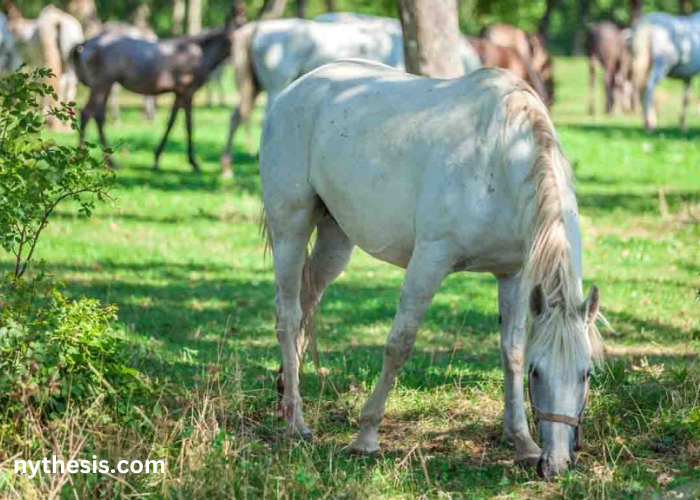Horses have held a revered place in human history, shaping civilizations, cultures, and economies with their strength, speed, and companionship. These majestic creatures, known for their grace and power, have been indispensable to mankind, serving as vital partners in transportation, agriculture, warfare, and recreation. This article delves into the rich history and enduring significance of horses in human society. Explore the world of horse racing with France Cheval Turf. Get the latest news, tips, and insights to enhance your betting experience.
The Early Domestication and Historical Role of Horses
The domestication of horses is believed to have begun around 4000 BCE on the steppes of Central Asia. Initially, horses were likely domesticated for their meat and milk. However, as humans recognized their potential for transportation and labor, horses quickly became essential assets.
By 2000 BCE, horses had become integral to human societies across Europe, Asia, and the Middle East. Their ability to carry heavy loads and travel long distances revolutionized trade and communication. The invention of the chariot around 1900 BCE in the Near East further demonstrated the horse’s impact, as it allowed for faster movement of goods and more efficient warfare.
Horses in Warfare
The role of horses in warfare cannot be overstated. From the ancient chariots of the Egyptians, Hittites, and Greeks to the cavalry units of the Mongols, horses have been crucial in shaping military strategies and outcomes. Their speed and agility made them formidable in battle, allowing armies to move swiftly and strike with force.
One of the most famous examples of horses in warfare is the use of cavalry by Genghis Khan and the Mongol Empire. The Mongols’ mastery of horseback riding and archery allowed them to conquer vast territories, creating one of the largest empires in history. Similarly, the knights of medieval Europe, mounted on powerful steeds, became iconic symbols of chivalry and warfare during the Middle Ages.
Horses in Agriculture and Transportation
Beyond warfare, horses have been indispensable in agriculture and transportation. Before the advent of modern machinery, horses were the primary source of power for plowing fields, hauling goods, and pulling carriages. Their strength and endurance enabled farmers to cultivate larger areas of land more efficiently, significantly boosting agricultural productivity.
In the 19th century, horses were central to the expansion of the American frontier. The Pony Express, a mail service using horseback riders, provided a crucial communication link across the vast United States before the establishment of the telegraph. Similarly, stagecoaches drawn by horses were a common sight, facilitating travel and commerce.
Cultural Significance and Symbolism
Horses have also held deep cultural and symbolic significance throughout history. In mythology and literature, they often represent freedom, nobility, and strength. The Greek god Poseidon, for instance, was believed to have created horses, and the legendary Trojan Horse played a pivotal role in the fall of Troy.
In many cultures, horses are seen as symbols of status and wealth. The Arabian horse, known for its beauty and endurance, has been a prized possession for centuries, often associated with nobility and royalty. In art and literature, horses have been immortalized, from the cave paintings of Lascaux to the works of George Stubbs, celebrated for his equine portraits.
Modern-Day Equine Companions
Today, while the roles of horses have evolved with technological advancements, they remain cherished companions and athletes. Equestrian sports such as dressage, show jumping, and racing highlight the deep bond between humans and horses, showcasing their agility, speed, and training.
Therapeutic riding programs demonstrate the profound impact horses can have on human well-being. Equine-assisted therapy helps individuals with physical, emotional, and developmental challenges, harnessing the calming and empathetic nature of horses to promote healing and personal growth.
Conclusion
The majestic horse, with its rich history and enduring significance, continues to captivate and inspire. From ancient battlefields to modern racetracks, horses have been steadfast companions and vital partners in human progress. Their legacy, etched into the fabric of our history and culture, is a testament to the profound and lasting bond between humans and these magnificent creatures.
